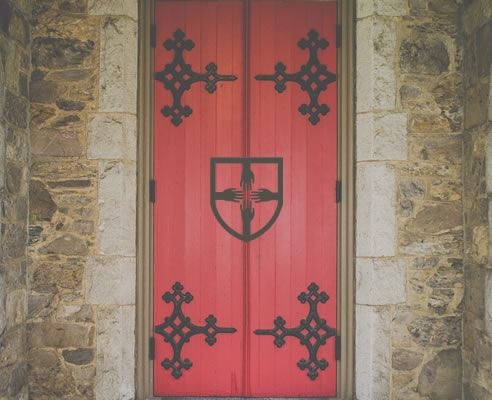The Big Book of Alcoholics Anonymous1 is a quote factory, a wellspring of meeting topics, sponsor guidance, and – ah, yes! – essay topics. 30 million-plus copies have been sold in 43 languages (no tally for the number actually read), and numerous BB digests and doorstoppers dissect every syllable. Judging by others’ and my own dog-eared, highlighted, annotated editions, Big Book quotes may rise in favor with the tides, time and circumstance, but a few lines are indelible: “Selfishness—self-centeredness! That, we think, is the root of our troubles” from Chapter 5, “How It Works” states the problem. Chapter 2, “There Is a Solution” lays out the remedy: “our very lives depend upon our constant thought of others and how we may help meet their needs.” That qualifies as a spiritual awakening by any standard. The gateway to this transformation is the practice of the twelve steps, grounded in personal powerlessness and a decision to “turn our will and our lives to the care of God”, as we understand Him.
As it happens, the original printer’s proof of the Big Book, heavily laden with Bill Wilson’s handwritten edits, is pending auction2, poised to fetch up to $3 million. The Maine Antique Digest3, June 2017 issue says that the Big Book “must rank as one of the most successful examples of writing by committee ever, and the manuscript is the evidence.” … “Equally important, the manuscript shows how the Big Book, and as a result AA itself, moved away from specifically Christian references. That decision has made it possible for the book and the program to be embraced not only by agnostics and atheists but by a multitude of religions throughout the world.”
The case must be made that the Big Book’s writing committee is still engaged. The steps are “but suggestions.” We are thus coauthors and, perhaps, “the only Big Book someone in need will ever meet”. The book was edited against the fetters of the mid-20th century that to a considerable degree had already shackled Christianity to conform to narrow social, economic, political and economic strictures. Today, alcoholism is counted as only one among many destructive addictions, and post-traumatic stress disorder is being applied to an expanding array of conditions. There is no shortage of suffering in the world. Though the Big Book’s language is archaic, its principles, especially that of inclusiveness, endure: AA and its many twelve-step progeny are ready, “whenever anyone reaches out for help.” We invite others to share in our recovery, and do not impose our paths upon anyone, under any condition.
Although Christianity was formally edited out of the Big Book, the twelve-step’s spiritual principles lead, as all spiritual principles must, to a clear recognition of Christ’s constant invitations to follow Him. His quiet provocations fill the gospels. This year, during the course of an extended retreat3 and under the patient guidance of my director, I came to recognize, reflect upon and respond to Christ’s persistent, ingenious and sometimes bewildering bids to serve Him, aligning my gifts and graces to abate the world’s losses and grief. We needn’t be heroic, merely genuine and generous.
Christ shows us that we are not in a contest of wills with the Father, but engaged in a loving collaboration with Him to bring healing, justice and peace to all. As recovering servants, the provenance of our broken selves, the flawed “press proofs” of our lives are rehashed and amended by grace. Now, within our pages, we carry messages of faith and hope, and evidence of God’s mercy and love. We are, ourselves, Big Books, open invitations to others in hope of healing.
-Martin M.
1 Alcoholics Anonymous World Services, Inc., Fourth Edition, 2001
2AA World Services went to court in May 2017 to block the sale at auction of the original printers proof with Bill Wilson’s handwritten edits, triggering blowback from some AA members and unwelcome media controversy. A hearing was scheduled for August 2, 2017 and the outcome of the suit is not yet determined. new york state supreme court, new york county, no. 652676/2017
3 Maine Antique Digest, Waldeboro ME, 2017
4Spiritual Exercises of St. Ignatius, 19th Annotation
 In the early days of the Church, when the front door of the parish was painted red it was said to signify sanctuary – that the ground beyond these doors was holy, and anyone who entered through them was safe from harm.
In the early days of the Church, when the front door of the parish was painted red it was said to signify sanctuary – that the ground beyond these doors was holy, and anyone who entered through them was safe from harm.